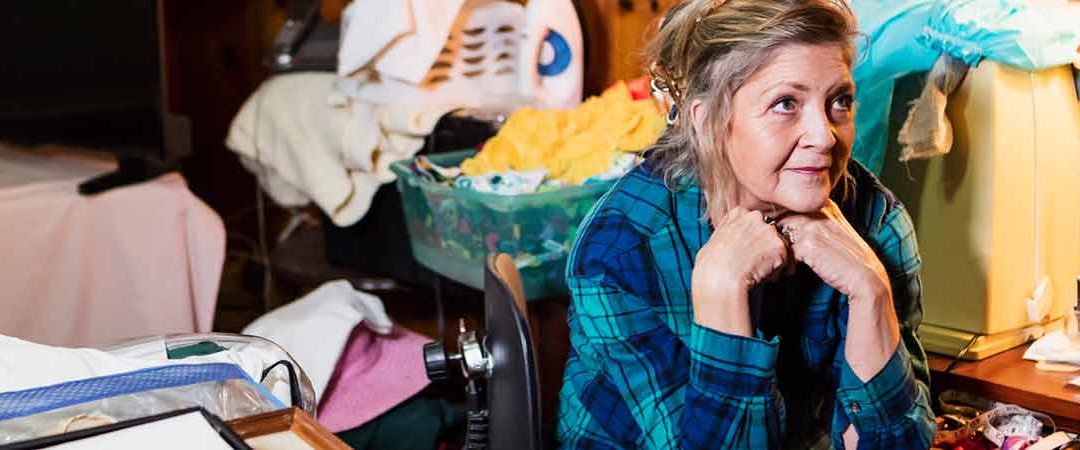The Challenges
Cleaning up after a hoarder who is not willing to participate can be both emotionally and practically challenging. It’s essential to recognize that hoarding is often connected to mental health issues, such as OCD, anxiety, or depression. The hoarder may feel a deep emotional attachment to their belongings, which makes the prospect of cleanup overwhelming. Effective communication is critical when approaching a hoarder. It’s important to engage with empathy and understanding, avoiding confrontation or judgment, as these can lead to increased resistance.
The Legal Considerations
Legal considerations are also crucial when the hoarder is not on board with the cleanup. Understanding the hoarder’s legal rights, particularly if they are the homeowner or a tenant, is vital. Involuntary cleanups can lead to legal complications. In extreme cases, where the hoard presents a significant health or safety risk, a court order may be necessary to proceed without the hoarder’s consent.
Consider Engaging a Mental Health Professional
If discussions with the hoarder prove unsuccessful or if you prefer not to be directly involved, it may be wise to consult a mental health professional. Specialists in hoarding behavior can help the hoarder understand the necessity of the cleanup and provide strategies to ease the process.
What Stays and What Goes
When it comes time to plan the hoarding cleanup, it is most efficient if the hoarder can predetermine what should be kept and what can be discarded. This can be done using stickers or by categorizing items (e.g., “keep all vinyl records but discard all cassette tapes”). Predefining these decisions can make the cleanup process quicker and more cost-effective. However, when the hoarder is involved, the process often takes longer, as they may struggle with letting go and frequently change their minds.
Hire a Professioanl Hoarding Cleanup Company
Professional hoarding cleanup services will still carefully review items marked for disposal to ensure no heirlooms, money, or other valuables are mistakenly discarded. Having clear guidelines helps us understand what is most important to the hoarder and ensures that nothing of value is overlooked.


